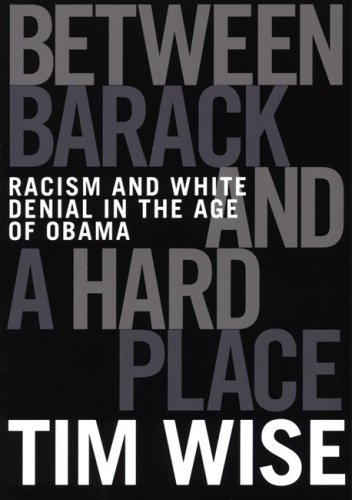http://www.nationalfairhousing.org/

Okay, So I'm not a Realtor, but I have worked in way too many sales jobs already to keep my head above water as a poor student. I also know that in the last few years if you have to sell your house, GOD BLESS YA, cause its gonna' take awhile.
With this in mind, how do things like this EVER happen? Is it really possible that this is some kind of accident? Lets see, with a name like the "Silver Beach Gardens Corporation", one might assume that this neighborhood co-op is composed of some pretty damn nice places. Now, to have the means to purchase a nice joint you've either got to make a boat load of money, OR your parents made a boat load and gave you a good share of it.
Regardless, lets assume that most of these people actually earned their money, which as research has shown over and over how education and income share a strong correlation. This means that many of these folks must have gone to college, and were required to take some of the same courses you were.
You'd think that SOME of these folks would think to themselves "Hey, you know what, our neighborhood is flippin pale, I wonder why that is?"
OR maybe this is not the case, maybe it was a simple oversight, due to an antiquated protocol that overlooks such things. But really? Its safe to assume that many of these folks had to get the same 3 letters of recommendation from current owners to be able to purchase THEIR place, so doesn't that mean that this place is solely inhabited by all the "cool kids" from high school that still wear their "Senior Keg 1992" t-shirt while mowing the lawn?
This whole thing perplexes me...and I'm not sure how to best address this sort of issue? I mean, what are you going to do, enforce affirmative action for buying homes?
Jeesh....

Recent Comments